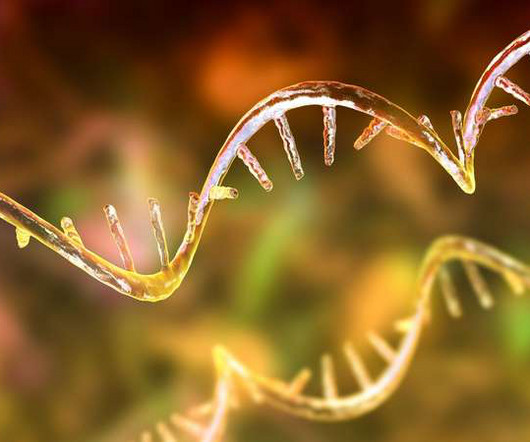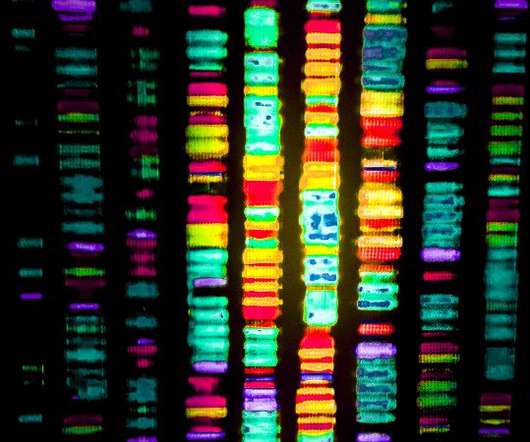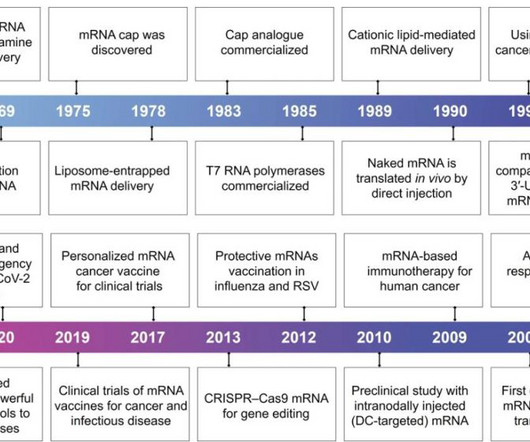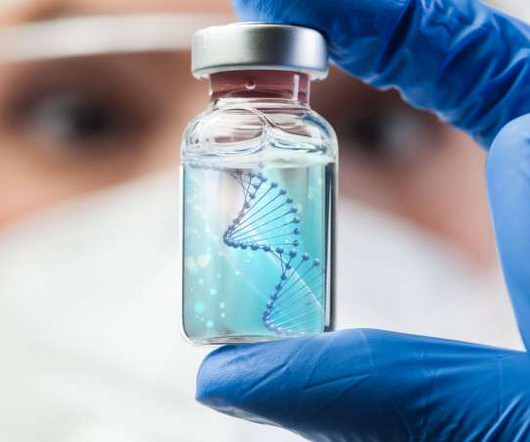Turning science into business: Amplifying mRNA by targeting regRNAs
Drug Discovery World
APRIL 17, 2024
DDW’s Diana Spencer speaks to Josh Mandel-Brehm , CEO of Massachusetts-based biotech CAMP4, to understand the role regulatory RNAs play in gene expression and how the founders overcame the challenge of launching a business based on brand new science. DS: You describe your therapeutics as RNA Amplifiers. How do they work?
















Let's personalize your content